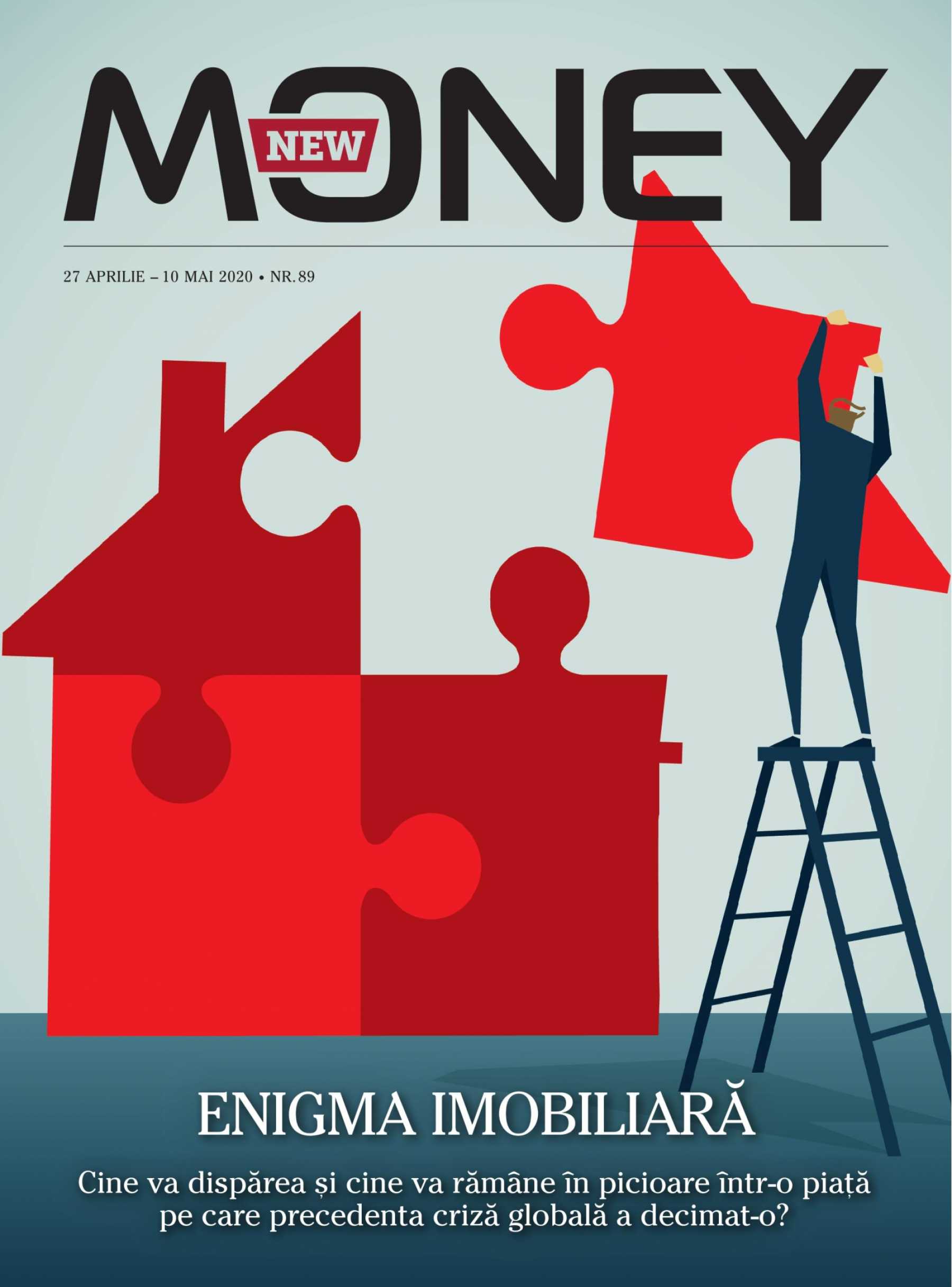The latest New Money issue rises a question: who will manage to survive the crisis on Romanian real estate market?
The latest New Money issue raises a question: who will manage to survive the crisis on the Romanian real estate market? The perspective for most areas of activity is in black and white, while real estate remains a special subject. E-commerce, deliveries, artificial intelligence, teleconferencing applications, or telemedicine are areas of the economy that the present crisis will impose even more on society - the trend has already begun a long time ago, but now it will accelerate. Fashion, restaurants, tourism (hotels, travel agencies, airlines) will need years to return to the moment of rupture, which is the beginning of March 2020. In real estate, things are a bit more nuanced, and the main consulting firms and investors in the field refrain from outlining clear trends.
However, premium and high-end developments seem to continue to be appealing and properties with unique, "non-replicable" positions, such as those near Herăstrău or Charles de Gaulle Square, will not get cheaper. In a discussion with New Money Editor-In-Chief, Victor Căpitanu notices that good and quality developments are not simply homes, but investments, properties that retain their value. One United Properties co-founder adds that the client's profile remained the same as before the crisis, which is 70% final customers, 20% investors who buy homes to rent, and 10% investors who want to resell their homes. Moreover, Mr. Căpitanu believes that through global economic recovery policies, central banks will flood the markets with liquidity, which will devalue the main currencies (euro and dollar) relative to quality assets, be they stocks or real estate.
The theory that high-quality premium projects are the least exposed to the effects of the crisis is also shared by other specialists and consultants who believe that this segment will be the least affected, due to a smaller number of projects and especially due to the sales already registered. From an overall perspective, over 48,000 transactions were made with houses, land, and apartments in March 2020, according to data from the National Agency for Cadastre and Real Estate Advertising, published by Agerpress. The decrease is only 2.4% compared to February 2020, while compared to March 2019 we are witnessing an increase of 3,813 in the number of transactions.
But how about undercapitalized developers or customers retaining to make transactions, even if they have liquidity? New Money analysis points out that while some lower incomes may be a blocking factor, on the other hand, the changes in current lifestyle and priorities may determine a large part of the active population to reconsider their homes and to opt for larger living spaces.



